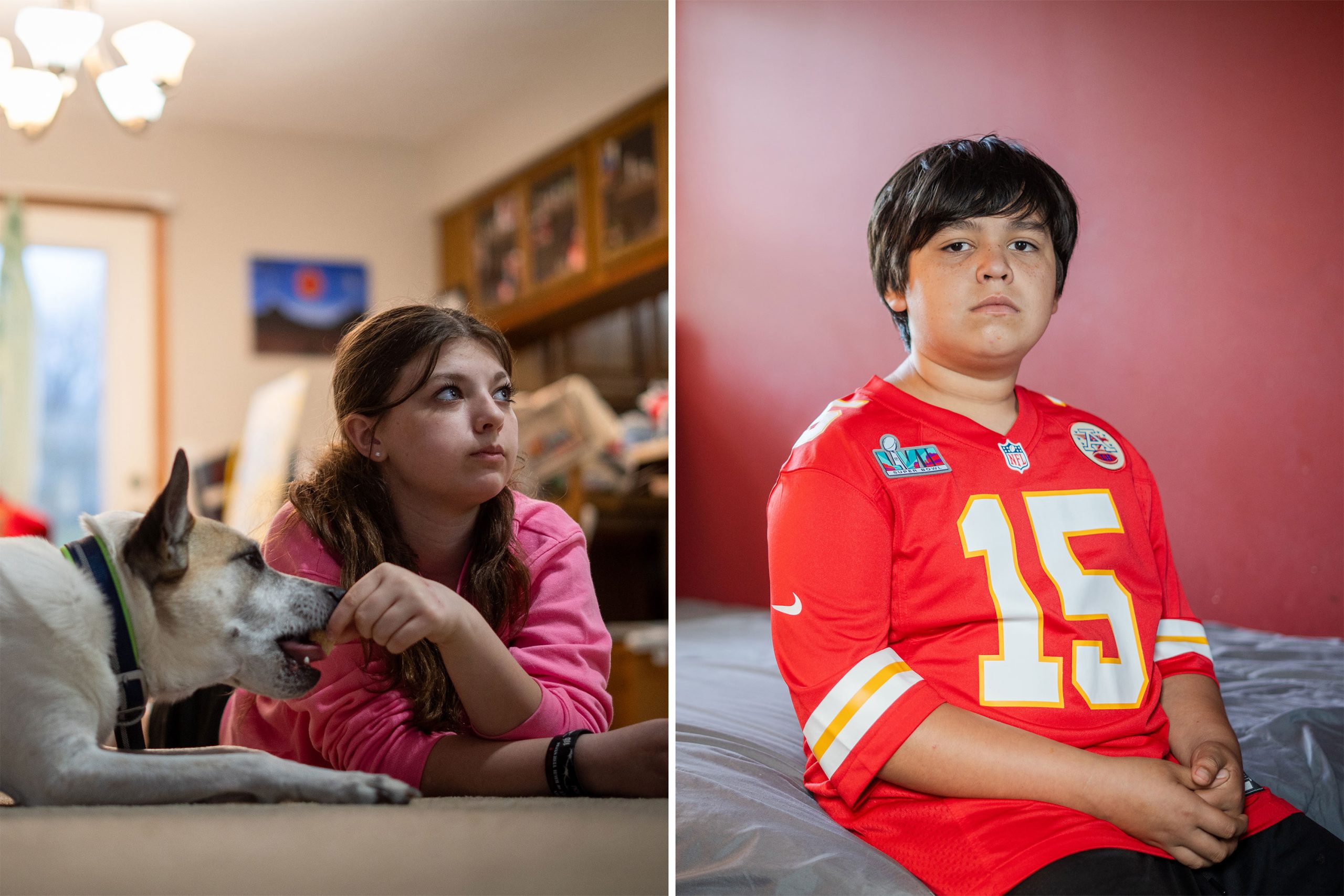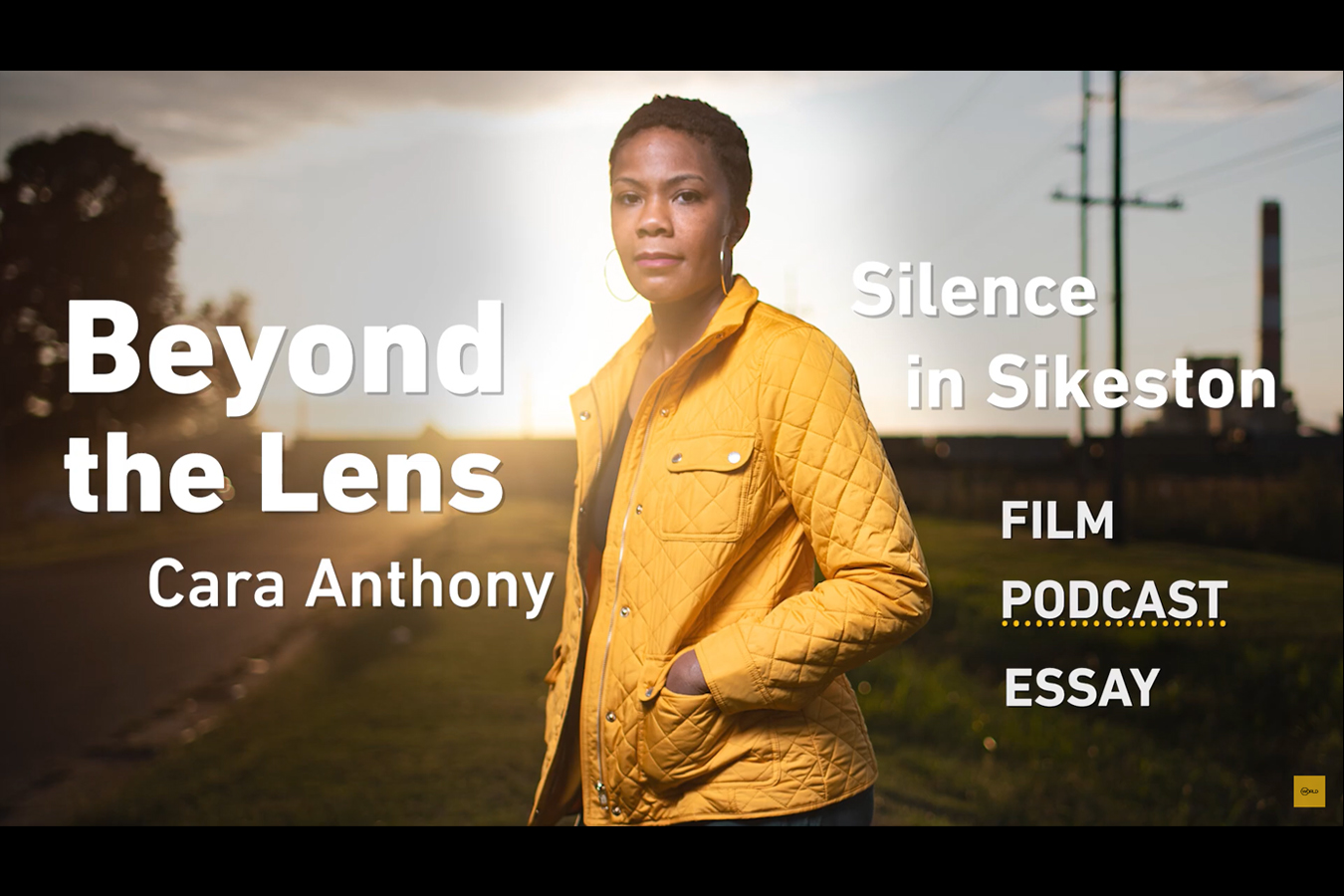 Our Skin Cancer Awareness Month series comes to a close today. Below is a recap of Wednesday’s event co-hosted with the Congressional Families Cancer Prevention Program, The Hazards and Allure of Indoor Tanning Beds on College Campuses.
Our Skin Cancer Awareness Month series comes to a close today. Below is a recap of Wednesday’s event co-hosted with the Congressional Families Cancer Prevention Program, The Hazards and Allure of Indoor Tanning Beds on College Campuses.
It was a late night call to Dr. Elizabeth Tanzi that made dealing with melanoma a personal experience. Tanzi, a dermatologist who previously had many difficult face-to-face conversations with patients to discuss a skin cancer diagnosis and subsequent treatment options, had decided to test a sample of her own skin after discovering noticeable symptoms. She had no risk factors, limited sun exposure, and at 37 years of age, she hadn’t been in a tanning bed since she was college-aged.
But when she listened to her voicemail, she knew that her colleague’s urgency signaled that the news was bad; she just needed to know how badly her skin cancer had progressed.
Tanzi, who has now survived multiple bouts of melanoma, shared this courageous story and joined other fierce cancer prevention advocates to talk about the reality of skin cancer and the dangers of tanning. The Capitol Hill event, “The Hazards and Allure of Indoor Tanning Beds on College,” was co-hosted by Disruptive Women in Health Care and Congressional Families Cancer Prevention Program, a program of the Prevent Cancer Foundation.
In addition to Tanzi, the event featured panelists Rep. Rosa DeLauro (D-CT), Rep. Charlie Dent (R-PA) and Dr. Sherry Pagoto, each of whom emphasized the need to educate about the high incidence of skin cancer and bring attention to ways we can curb the use of  tanning beds among minors and on college campuses, particularly the many universities with relationships with tanning salons.
tanning beds among minors and on college campuses, particularly the many universities with relationships with tanning salons.
The statistics about skin cancer are daunting. According to the America Academy of Dermatology, each year more than two million people are diagnosed with skin cancer. Melanoma, the deadliest form of skins cancer, takes a life every hour. And according to Tanzi, a single visit to a tanning bed can increase a person’s chance of skin cancer by 59 percent. For her, it didn’t matter that her last visit to a tanning bed had occurred more than a decade before.
So why isn’t tanning being addressed with the same ferocity as smoking and tobacco use?
According to Dr. Pagoto, lung cancer in the United States has seen two percent yearly declines while rates of skin cancer have been on the rise. Partially, she said, the reason is because, “tanning is the new smoking,” as evidenced by the prevalence of tanning salons and the use of tanning as a coping mechanism for body issues and mental illnesses like depression .
Pagoto noted that there are more tanning salons in U.S. cities than McDonalds and there are tanning beds in apartments, gyms and on campuses. In fact, many universities, she said, allow students the chance to pay for tanning sessions using their university-sponsored debit card.
Rep. DeLauro provided passionate remarks about the topic, saying this is not a partisan issue but an issue that we need to lock arms and address.
“This is about survival,” said DeLauro, who wants to push for a national ban on tanning devices for children and to treat tanning devices like we do tobacco products.
Rep. Dent reinforced to the audience that we need to talk about tanning in the same way we talk about tobacco.
The event concluded with questions and answers on how to educate and create awareness about the dangers of tanning and to put pressure on universities and policymakers to reduce the access of tanning beds, particularly on campus.
Resources:
- American Academy of Dermatology position statement on indoor tanning=
- Prevent Cancer Foundation
- American Cancer Society
- Skin Cancer Foundation
SOURCE: Disruptive Women in Health Care – Read entire story here.




